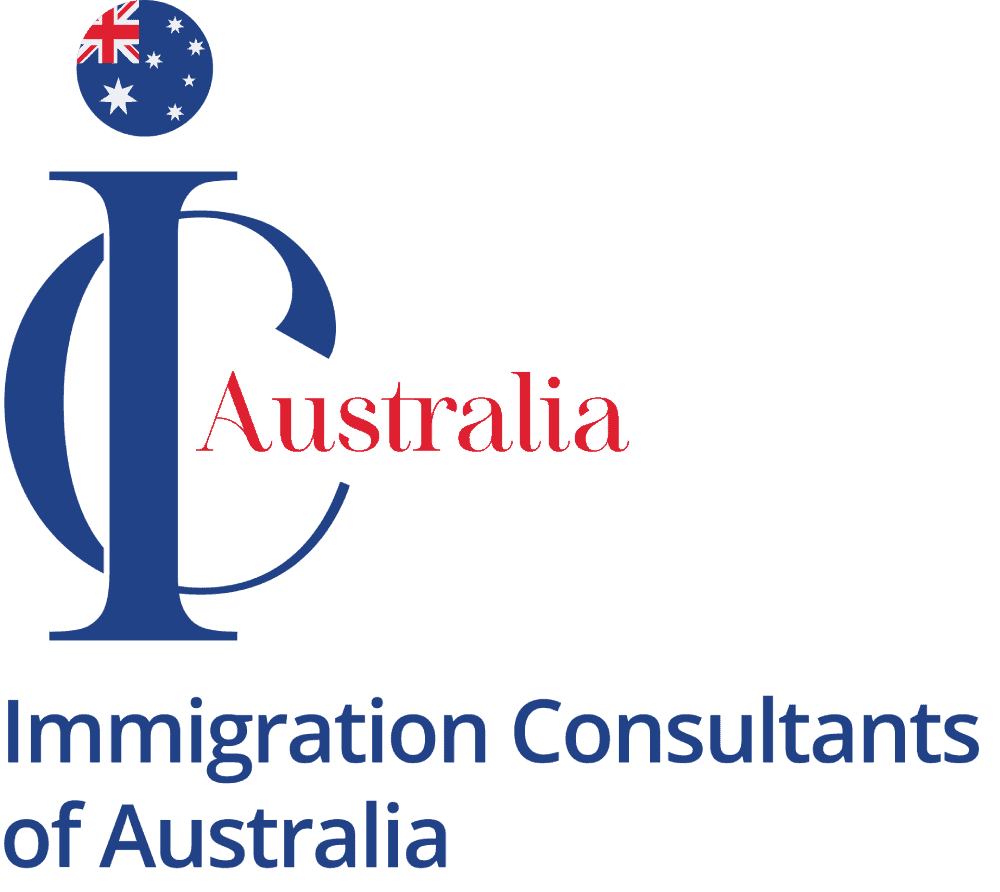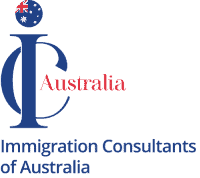Introduction to Australia migration for nurses
Are you looking to unlock your dream of Australian migration as a nurse? Look no further! This comprehensive guide is tailored specifically for healthcare professionals like you who want to make the move Down Under. With its world-class healthcare system and plentiful opportunities, Australia is an attractive destination for nurses seeking a rewarding career and a better quality of life.
In this guide, we will navigate you through the entire process of Australian migration for nurses. Furthermore, providing you with valuable insights, tips, and practical advice. From visa requirements and skill assessments to job prospects and professional registration, we’ve got you covered.
Why Australian migration for nurses is popular
Australia has long been a popular destination for nurses from around the world. It offers an excellent standard of living, a diverse culture, and a strong economy. The country’s healthcare system is highly regarded, with well-equipped hospitals and medical facilities that provide nurses with ample opportunities for professional growth.
One of the main reasons why nurses choose Australia is the high demand for healthcare professionals. The aging population and increasing healthcare needs have created a shortage of nurses in the country, making it an ideal time for international nurses to explore job opportunities. Additionally, Australia’s commitment to providing quality healthcare and its emphasis on patient-centered care make it an attractive place for nurses to work.
Understanding the different types of visas for nurses
Before you can begin your journey to becoming a nurse in Australia, it’s important to understand the different types of visas available for healthcare professionals. The most common visa options for nurses include the Skilled Independent Visa (subclass 189), the Skilled Nominated Visa (subclass 190), and the Temporary Skill Shortage Visa (subclass 482).
The Skilled Independent Visa (subclass 189) is a permanent residency visa that allows skilled workers, including nurses, to live and work in Australia indefinitely. This visa does not require sponsorship from an employer or nomination from a state or territory government.
The Skilled Nominated Visa (subclass 190) is also a permanent residency visa that requires a nomination from a state or territory government. This visa is suitable for nurses who have a specific skill set in demand in a particular state or territory.
The Temporary Skill Shortage Visa (subclass 482) is a temporary visa that allows skilled workers, including nurses, to work in Australia for up to four years. This visa requires sponsorship from an approved employer and is suitable for nurses who have a job offer from an Australian employer.
Eligibility requirements for Australian migration for nurses
To be eligible for an Australian nursing visa, you must meet certain requirements set by the Department of Home Affairs. These requirements typically include:
- Qualifications: You must have completed a recognized nursing qualification that is equivalent to the Australian standard. This may include a bachelor’s degree in nursing or a diploma in nursing.
- English language proficiency: You must demonstrate proficiency in the English language by achieving the required scores in an approved English language test, such as the International English Language Testing System (IELTS).
- Health and character requirements: You must meet the health and character requirements set by the Department of Home Affairs. This may include undergoing a medical examination and providing police clearance certificates.
- Skills assessment: Before applying for an Australian nursing visa, you must undergo a skills assessment by an approved assessing authority. This assessment ensures that your qualifications and experience meet the Australian nursing standards.
The skills assessment process for nurses
The skills assessment process for nurses is a crucial step in the Australian migration journey. It involves having your qualifications and experience assessed by an approved assessing authority to determine if they meet the Australian nursing standards.
The assessing authority for nursing in Australia is the Australian Nursing and Midwifery Accreditation Council (ANMAC). To begin the skills assessment process, you will need to submit an application to ANMAC along with supporting documents, such as your academic transcripts, proof of registration as a nurse in your home country, and evidence of relevant work experience.
ANMAC will evaluate your application and determine if your qualifications and experience are equivalent to the Australian nursing standards. If your skills assessment is successful, you will receive a positive outcome letter, which is required for your visa application.
It’s important to note that the skills assessment process can take several months, so it’s advisable to begin the process well in advance to avoid any delays in your migration plans.
Steps to apply for an Australian nursing visa
Once you have successfully completed the skills assessment process, you can proceed with applying for an Australian nursing visa. The exact steps and requirements may vary depending on the type of visa you are applying for, but generally, the process involves the following:
- Expression of Interest (EOI): Submit an Expression of Interest through the Department of Home Affairs’ SkillSelect online system. This allows you to indicate your interest in applying for a skilled visa and provides information about your skills, qualifications, and work experience.
- Invitation to apply: If you meet the eligibility criteria for a particular visa, you may receive an invitation to apply. This invitation will specify the visa subclass and the points score required to apply.
- Visa application: Once you have received an invitation to apply, you can proceed with submitting your visa application. This involves providing all the necessary documentation, including your skills assessment outcome letter, proof of English language proficiency, and evidence of health insurance.
- Medical examination: As part of the visa application process, you may be required to undergo a medical examination to ensure that you meet the health requirements set by the Department of Home Affairs.
- Visa decision: After submitting your visa application, the Department of Home Affairs will assess your application and make a decision. If your application is successful, you will receive a visa grant letter, allowing you to migrate to Australia as a nurse.
Tips for a successful migration process
Navigating the Australian migration process can be complex and overwhelming, but with the right approach and guidance, you can increase your chances of a successful outcome. Here are some tips to help you along the way:
- Research and plan: Take the time to thoroughly research the visa options available to you. Additionally, understand the requirements and processes involved. Create a timeline and plan your migration journey accordingly.
- Seek professional advice: Consider engaging the services of ICAustralia. We can provide expert guidance and support throughout the entire migration process.
- Build your network: Connect with other nurses who have successfully migrated to Australia and learn from their experiences. Join online forums and professional networking groups to expand your network and gain valuable insights.
- Improve your English language skills: Strong English language skills are essential for a successful migration process. Take the time to improve your language proficiency by enrolling in English language courses or participating in language exchange programs.
- Be patient and persistent: The Australian migration process can be lengthy and complex. It’s important to remain patient and persistent. Additionally, follow up on your application regularly to ensure it is progressing as expected.
Finding employment as a nurse in Australia
Once you have successfully migrated to Australia as a nurse, the next step is finding employment. The healthcare sector in Australia offers a wide range of job opportunities for nurses, including positions in hospitals, aged care facilities, community health centers, and private clinics.
To increase your chances of finding employment, consider the following:
- Networking: Attend nursing conferences, seminars, and workshops to network with healthcare professionals and potential employers. Building connections within the industry can lead to job opportunities.
- Tailor your resume: Customize your resume to highlight your relevant skills, qualifications, and experience. Emphasize any specialized areas of nursing that you have expertise in.
- Apply for registration: To work as a nurse in Australia, you must be registered with the Australian Health Practitioner Regulation Agency (AHPRA). Ensure that your registration is up to date and that you meet all the requirements.
- Volunteer or gain experience: Consider volunteering or gaining experience in the Australian healthcare system. In fact, this will enhance your credentials and demonstrate your commitment to the profession.
Support services for nurses migrating to Australia
Migrating to a new country can be a daunting experience. However, numerous support services are available to help nurses settle in Australia. These services can provide assistance with accommodation, language support, cultural orientation, and professional development.
Some of the support services available include:
- Settlement services: Organizations such as Settlement Services International (SSI) offer support to newly arrived migrants, including assistance with finding accommodation, accessing healthcare services, and connecting with local communities.
- Professional associations: Joining professional nursing associations, such as the Australian Nursing and Midwifery Federation (ANMF), can provide you with access to resources, networking opportunities, and professional development programs.
- Language support: If English is not your first language, consider enrolling in English language classes or accessing language support services to improve your communication skills.
- Cultural orientation programs: Many organizations offer cultural orientation programs. These programs provide information and support on Australian culture, customs, and workplace practices.
Conclusion: Pursuing Australian migration for nurses
Australia offers an abundance of opportunities for nurses looking to pursue their careers in a vibrant and diverse environment. By understanding the visa requirements, navigating the skills assessment process, and following the necessary steps, you can migrate to Australia as a nurse.
Remember, the journey may be challenging at times. However, with determination, perseverance, and the right support, you can make your dream of working as a nurse in Australia a reality. So, take the first step, gather the necessary information, and start planning your migration journey today.
The land of kangaroos and sunshine awaits you! So why wait? Discover the countless benefits of Australian migration for nurses. Start your Australian dream by contacting ICAustralia today!
Ready to make Australia your home? Seek assistance from ICAustralia! We simplify the application process and increase your chances of success. Additionally, we guarantee a smooth and successful immigration experience to Australia. Our immigration specialists craft a personalized immigration plan that aligns with your unique profile and aspirations. Additionally, we offer comprehensive assistance, guidance from a regulated MARA agent, and manage the application submission process on your behalf.
Ready for the move from to Australia? If so, start your Australian dream by contacting ICAustralia today!


